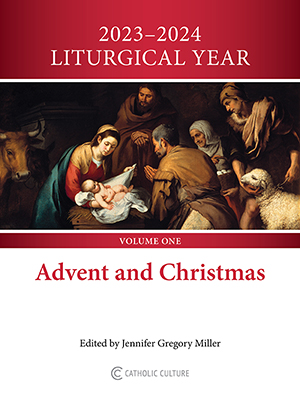self-appointed watchdogs
By Diogenes ( articles ) | Apr 01, 2003
"Theologically naive students now act as self-appointed watchdogs of orthodoxy," complains the National Coalition of American Nuns. The Catholic League consists of "self-appointed guardians of orthodoxy," a Commonweal editorial declares. Newsday editorial board member Bob Keeler fulminates against "the self-appointed watchdogs of orthodoxy" who took it upon themselves to protest to the chancery that their pastor had gay pornography stored on his computer. When the Roman Catholic Faithful made public the fact that the Diocese of Lansing had reassigned an admitted pedophile to ministry, Retired Bishop Kenneth Povish lashed out against the organization as a "self-appointed vigilante group." CAFOD, the Catholic international relief organization, was criticized for promoting condoms to fight AIDS, whereupon its director blamed "self-appointed guardians of orthodoxy, who cost us hours and hours of worry and staff time. Our critics on AIDS are not our bishops. These self-appointed guardians of orthodoxy don't trust CAFOD and they don't trust our bishops."
In normal circumstances of Church governance, it is the bishops who superintend the orthodoxy of Catholic doctrine (in the narrow sense) and the orthodoxy of priestly conduct (in the broader). But, regrettably, this isn't always the case. On Easter of 1534, every bishop in England was a professed Catholic. By Pentecost of the same year, every one of these men, save one, was a professed Protestant. "Trust us!" they would have commanded their flocks at Easter. "Trust us!" they would have commanded their flocks at Pentecost. The man who had refused his obedience at Easter would have been censured by the Holy See; the man who had offered his obedience at Pentecost would have been condemned. Does this point to a radical flaw in Church governance? No. It's simply a sad fact of history: bishops go bad sometimes.
It by no means follows that every crank who quarrels with his bishop is a recusant martyr in the making. But surely, in that momentous spring of 1534, those few Catholics who refused to conform to the new thinking -- like St. Thomas More and his daughter Margaret -- must have heard themselves denounced as "self-appointed" caretakers of the faith. Most of us will be grateful that they persisted.
All comments are moderated. To lighten our editing burden, only current donors are allowed to Sound Off. If you are a current donor, log in to see the comment form; otherwise please support our work, and Sound Off!








